- Home
- Billionaires
- Investing Newsletters
- 193CC 1000
- Article Layout 2
- Article Layout 3
- Article Layout 4
- Article Layout 5
- Article Layout 6
- Article Layout 7
- Article Layout 8
- Article Layout 9
- Article Layout 10
- Article Layout 11
- Article Layout 12
- Article Layout 13
- Article Layout 14
- Article Sidebar
- Post Format
- pages
- Archive Layouts
- Post Gallery
- Post Video Background
- Post Review
- Sponsored Post
- Leadership
- Business
- Money
- Small Business
- Innovation
- Shop
Recent Posts
Improving Gmail Privacy with End-to-End Encryption
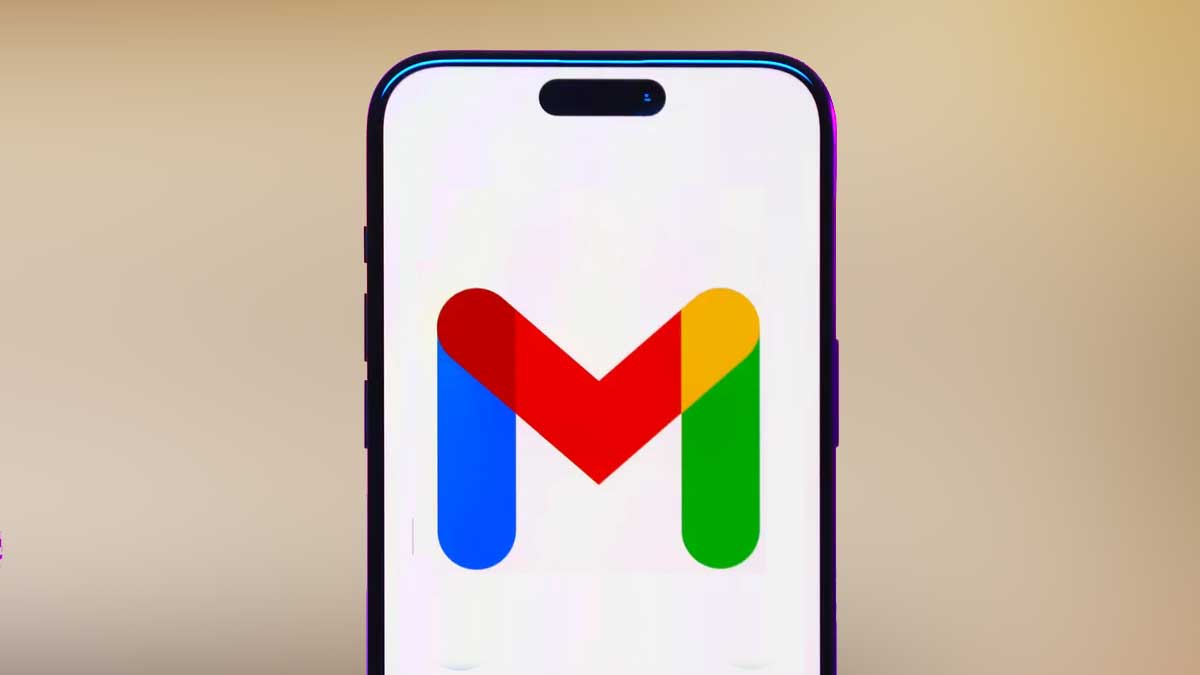
Google’s Gmail has revolutionized email communication with its ease of use and wide-reaching popularity. With over 2.5 billion active accounts, Gmail is used by nearly a third of the world’s population, making it a central part of daily communication for many. However, while Google has worked hard to ensure Gmail is secure, it has not fully embraced end-to-end encryption, which guarantees that only the intended recipient can read your messages. While Google uses a variety of security measures to protect your Gmail account, end-to-end encryption remains a challenge. This article explains why this matters and how you can improve your Gmail privacy.
Before diving into the complexities of Gmail’s encryption, it’s important to note that Google does a lot right when it comes to email security. The service uses a range of protections to secure your account and ensure your emails are as private as possible. For example, Gmail offers robust security protocols, including encryption for messages in transit, which protects your emails from being intercepted by hackers as they travel across the internet. Google also uses data from your Gmail account to enhance the service. Features such as smart inbox categorization, predictive message composition, and spam detection rely on information about your emails. While this data is used to personalize your Gmail experience, Google allows you to control these settings and opt out if you prefer. Additionally, Google clarifies that while it may display personalized ads in the Promotions or Social tabs, it does not use the contents of your emails to serve those ads. This is important for those concerned about privacy. However, despite these security measures, the issue of email privacy is far from settled. The primary concern is Gmail’s encryption policy, particularly in regard to end-to-end encryption, which prevents anyone—Google included—from reading your messages. While Gmail offers some level of encryption, it doesn’t provide the highest level of security that users might expect.
The encryption debate surrounding Gmail primarily centers on the question: Does Google encrypt Gmail emails? The answer is complicated. Google does use encryption, but it’s not the comprehensive end-to-end encryption that many users might expect. Instead, Gmail uses Transport Layer Security (TLS) to encrypt messages while they are being transmitted between servers. Think of it as a temporary protective “envelope” that secures your email as it travels from your inbox to the recipient’s. This encryption prevents hackers or unauthorized parties from intercepting emails in transit. However, this protection is only in place while the email is being delivered. Once your email reaches its destination—the recipient’s inbox—it is no longer encrypted. Anyone who has access to the recipient’s inbox, whether through legitimate means or a breach, can read the contents of the message. For Gmail users, this means their messages could still be vulnerable if the email account is compromised. While Google does offer certain features to improve email privacy, such as Gmail’s Confidential Mode, this still falls short of providing true end-to-end encryption. Confidential Mode allows you to set expiration dates for emails and restrict the ability to forward, copy, print, or download messages. However, these features don’t provide the same level of security as end-to-end encryption, which ensures that only the sender and recipient can read the content of the email. For users of paid Google Workspace accounts, there are additional encryption options available, such as Secure/Multipurpose Internet Mail Extensions (S/MIME) and client-side encryption. These features offer stronger encryption than the standard Gmail service, but they are not available to the general public using the free Gmail service.
If you’re concerned about Gmail’s lack of end-to-end encryption, there are steps you can take to enhance your email privacy. One option is to use Gmail add-ons that provide end-to-end encryption. SendSafely, for example, is a Chrome extension that encrypts emails using the OpenPGP standard. With SendSafely, you can send encrypted files and messages directly from Gmail, offering more security than Gmail’s built-in protections. Another similar tool is Mailvelope, which integrates with Gmail to provide end-to-end encryption. Both tools work by encrypting your messages before they are sent, ensuring that only the intended recipient can read them. Another option is to switch to a dedicated email platform that offers built-in end-to-end encryption. Proton Mail is one such platform, known for its strong privacy features. Proton Mail offers end-to-end encryption as a default feature, meaning that even Proton Mail itself cannot access your emails. The service also uses zero-access encryption, ensuring that only you and your recipient can read the contents of your messages. Proton Mail offers both free and paid versions, with the free plan providing end-to-end encryption and zero-access encryption. While the service may not be as widely used as Gmail, its privacy-first approach has made it a go-to option for those serious about securing their emails.
While Gmail provides some level of security, including encryption in transit, it falls short of offering full end-to-end encryption. For users concerned about email privacy, there are several ways to improve the security of their communications, including using Gmail add-ons like SendSafely or Mailvelope, or switching to a platform like Proton Mail that provides built-in end-to-end encryption. By taking these steps, you can ensure that your emails are better protected against unauthorized access, giving you peace of mind that your messages are truly private.
Recent Posts
Categories
- 193 Countries Consortium Partner1
- 193cc Digital Assets2
- 5G1
- Aerospace & Defense48
- AI37
- Arts3
- Banking & Insurance11
- Big Data3
- Billionaires1,261
- Boats & Planes1
- Business332
- Careers13
- Cars & Bikes79
- CEO Network1
- CFO Network17
- CHRO Network1
- CIO Network1
- Cloud10
- CMO Network18
- Commercial Real Estate7
- Consultant1
- Consumer Tech194
- CxO1
- Cybersecurity73
- Dining1
- Diversity, Equity & Inclusion4
- Education7
- Energy8
- Enterprise Tech29
- Events11
- Fintech1
- Food & Drink2
- Franchises1
- Freelance1
- Future Of Work2
- Games149
- GIG1
- Healthcare79
- Hollywood & Entertainment203
- Houses1
- India’s 1000 Richest1
- Innovation46
- Investing2
- Investing Newsletters4
- Leadership65
- Lifestyle11
- Manufacturing1
- Markets20
- Media328
- Mobile phone1
- Money13
- Personal Finance2
- Policy569
- Real Estate1
- Research6
- Retail1
- Retirement1
- Small Business1
- SportsMoney42
- Style & Beauty1
- Success Income1
- Taxes2
- Travel10
- Uncategorized13
- Vices1
- Watches & Jewelry2
- world's billionaires1,230
- Worlds Richest Self-Made Women2
Related Articles
Android & iPhone Users Urged to Run Security Checks
With the rise of cyber threats targeting both Android and iPhone users,...
By 193cc Agency CouncilJanuary 1, 2025Apple Warns: Avoid Lockdown Mode on iPhone
Apple’s latest security alert for iPhone users raises important concerns about the...
By 193cc Agency CouncilDecember 31, 2024750 Million Android Users Face Urgent Security Risks
Google has made significant strides in improving Android’s security ecosystem, aiming to...
By 193cc Agency CouncilDecember 31, 2024Surge in Paper Werewolf Cyberattacks on Russian Targets
A troubling rise in espionage-driven attacks using Microsoft Windows Word documents has...
By 193cc Agency CouncilDecember 30, 2024











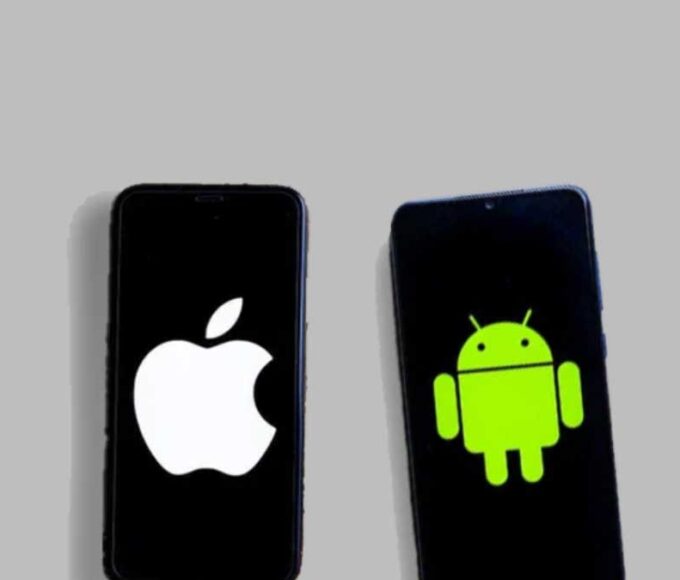
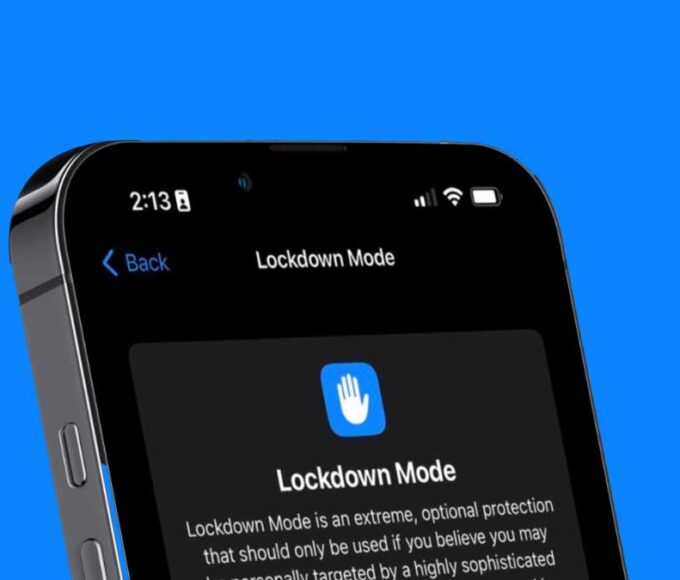
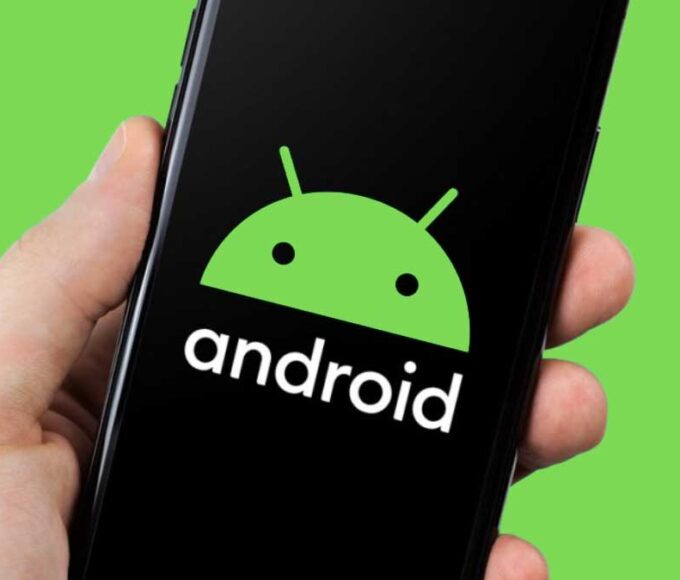
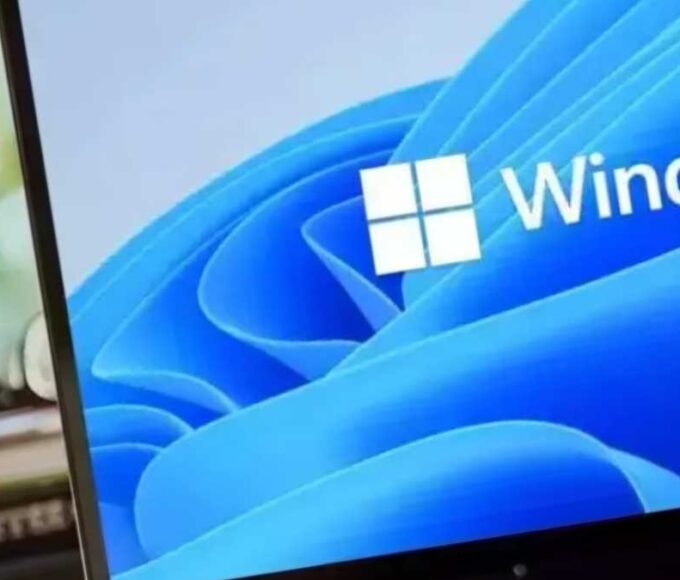
Leave a comment